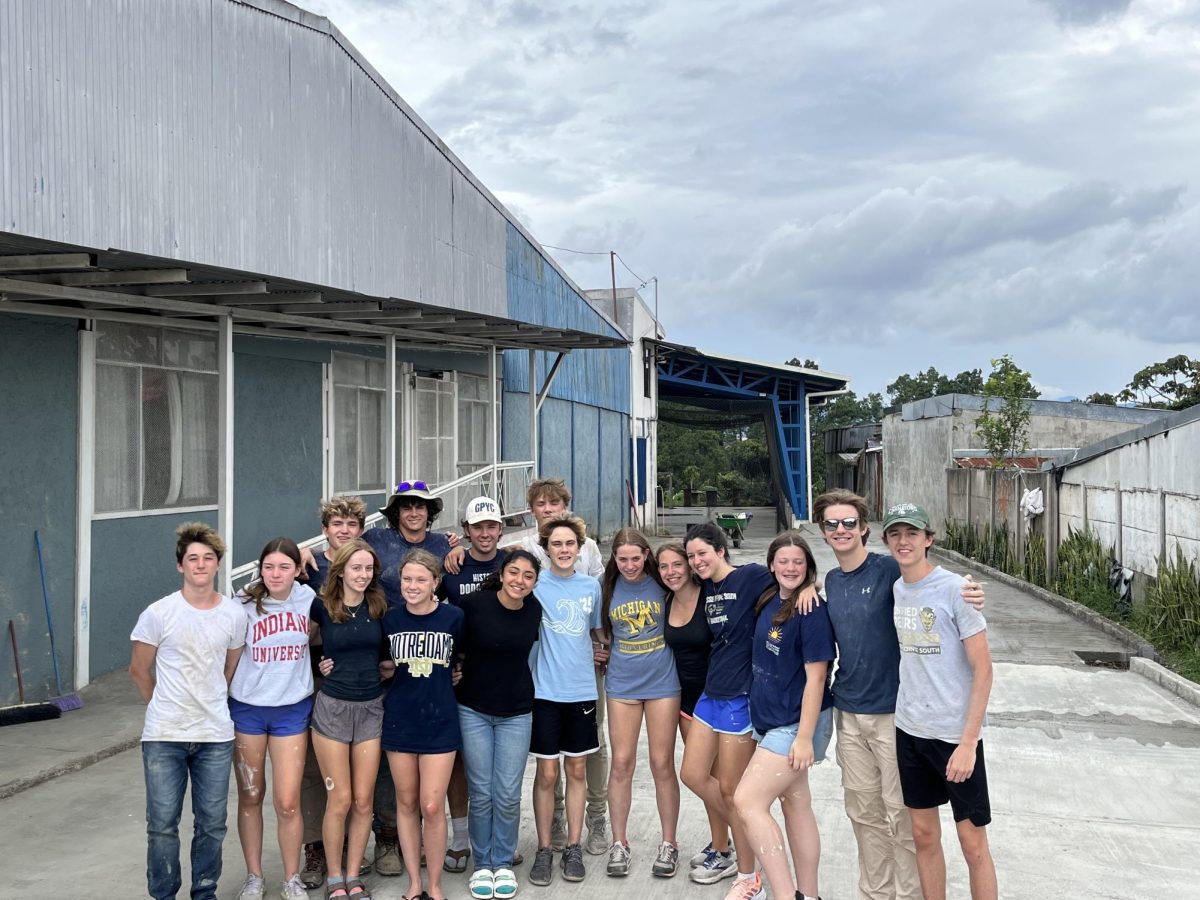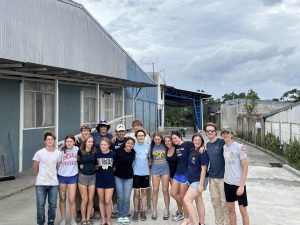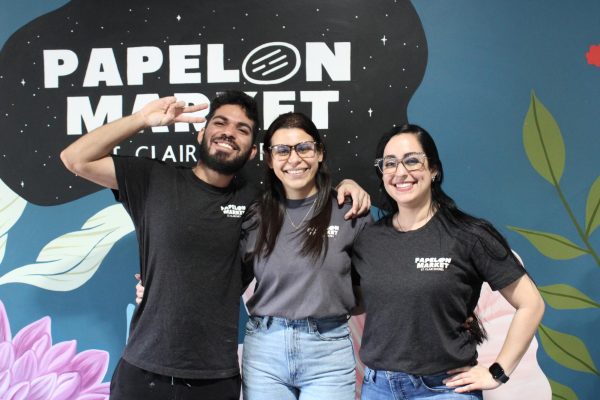The Exhibit of Eternal Remembrance
November 14, 2022
Even in death, the memories of loved ones are not forgotten. Every year to honor them, families of Latin American culture celebrate the Day of the Dead, or Día de Los Muertos, on November 1 and 2.
One of the most memorable moments of Día de Los Muertos for Mexican families is the creation of the ofrenda. An ofrenda is an offering, or altar, to those who have died and are assembled, due to the family’s belief that their souls will return to visit them during this time of the year. These ofrendas are typically adorned with flor de cempasuchils or marigolds, which are called the flower of the dead. It’s also thought that the aroma and the bright orange color will guide the deceased souls to their altars. Another popular decorative piece is the papel picados which are colorful pieces of paper with ornate cutouts representing the union between life and death.
This year, the Detroit Institute of Art assembled local artists and community members to highlight how they commemorate their loved ones in a beautiful showing of Mexican tradition. In various displays, the creators specified different aspects of their family members. One woman focused her ofrenda on her father’s escape from communist Cuba and the life lessons he taught her about working hard, being resourceful and thinking creatively. She added his watch, a Cuban flag and his cigarettes. Another centered around the legacy of one of the biggest stars in the golden age of Mexican cinema, Maria Felix. They added replicas of her jewelry and her favorite foods.
Ofrendas don’t always represent a singular person either– they can represent groups with similar stories. One ofrenda was used to represent frontline workers who lost their lives saving others while also lacking benefits and obtaining low wages. These workers also represented many minority groups, including immigrants from Latin America who have fewer opportunities. Día de Los Muertos is a time to remember that even in death, those that have moved on remain near.
























































































